774 episodes
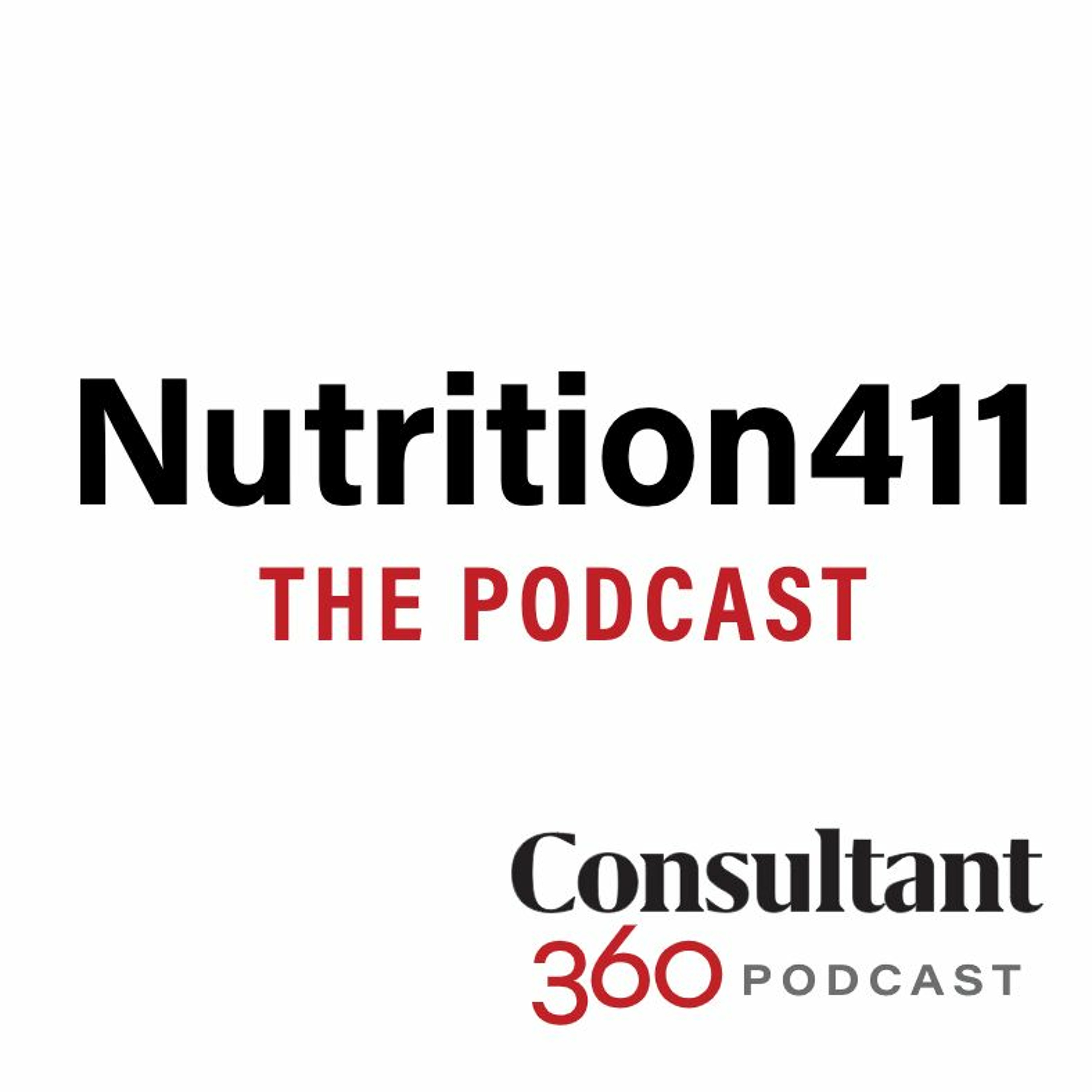

In this podcast, Lisa Jones, MA, RDN, LDN, FAND, interviews Julie Feldman, MPH, RDN, about optimal nutrition counseling strategies in patients with a history of trauma, including tips for active listening. This is episode four of a four-part series on trauma-informed nutrition counseling. This is episode four of a four-part series on trauma-informed nutrition counseling.


In this podcast, Lisa Jones, MA, RDN, LDN, FAND, interviews Julie Feldman, MPH, RDN, about the psychological pieces of how dietitians help create nutrition change for patients and understanding the role of trauma in the process. This is episode three of a four-part series on trauma-informed nutrition counseling.


In this podcast, Lisa Jones, MA, RDN, LDN, FAND, interviews Julie Feldman, MPH, RDN, about how advances in technology are improving the accessibility and effectiveness of trauma-informed nutrition counseling and ethical considerations in leveraging technology for nutrition counseling for clients with a history of trauma. This is episode two of a four-part series on trauma-informed nutrition counseling.


In this podcast, Lisa Jones, MA, RDN, LDN, FAND, interviews Julie Feldman, MPH, RDN, about the latest techniques in trauma-informed nutrition counseling, including ensuring client safety, collaboration, choice, trustworthiness, and empowerment and the harm of assumptions in nutrition counseling. This is episode one of a four-part series on trauma-informed nutrition counseling.
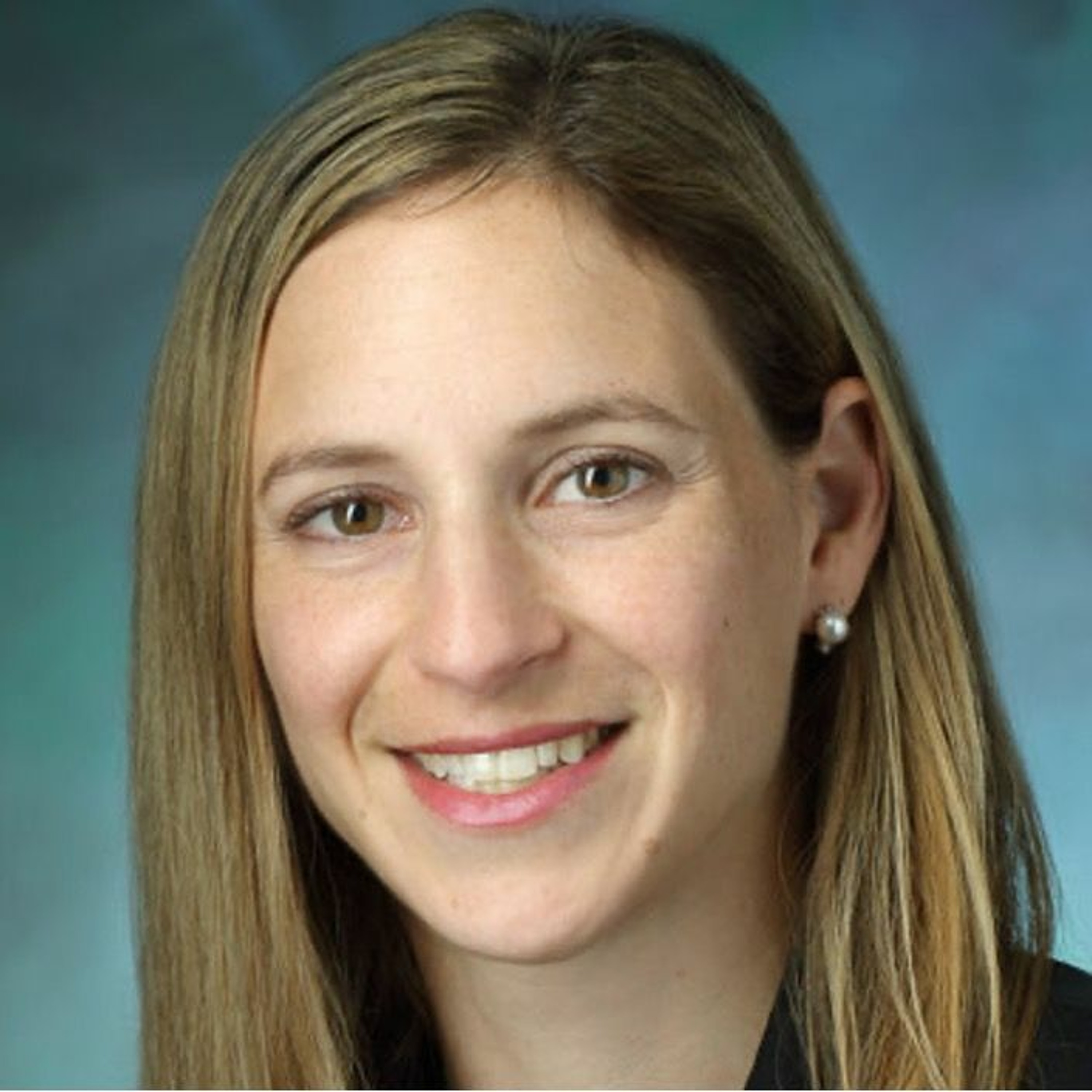

Risa M. Wolf MD and her colleagues at Johns Hopkins University hypothesized that autonomous artificial intelligence diabetic eye exams at the point of care would increase screening completion rates and would help close the access gap in under-resourced communities for young patients compared with the current standard of care. While the results confirm this hypothesis, in this podcast, Dr Wolf discusses why the differences between the two study groups were still surprising, future research on this topic, and more.
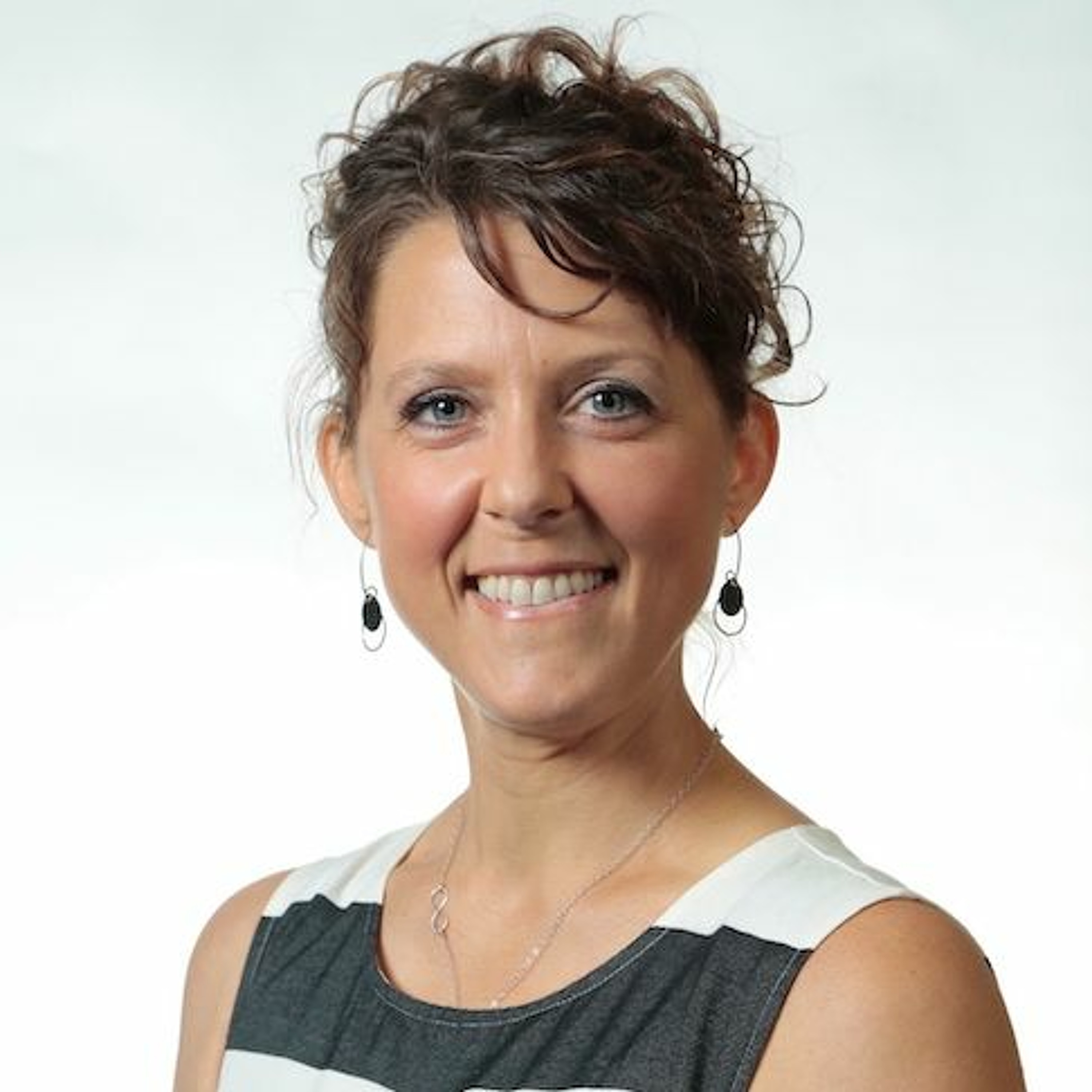

In this podcast, Jennifer Smith, RD, LD, CDCES, discusses how clinicians are integrating artificial intelligence (AI) into daily clinical practice, including diabetes screening, education, and self-management for patients, decision support for clinicians and patients, and complication prediction. She also discusses possible concerns with the use of AI and more.


In this podcast episode, Lisa Jones, MA, RDN, LDN, FAND, interviews Rachel Stahl Salzman, MS, RDN, CDN, CDCES, and Livleen Gill, MBA, RDN, LDN, FAND, on ways artificial intelligence can be used to improve diabetes care and education, including challenges in the use of AI and resources to stay up to date on new and up-and-coming diabetes technology.


In this podcast episode, Lisa Jones, MA, RDN, LDN, FAND, interviews Rachel Stahl Salzman, MS, RDN, CDN, CDCES, and Livleen Gill, MBA, RDN, LDN, FAND, on the benefits and challenges of telemedicine in diabetes care, ways to overcome challenges in technology, changes in practice since the beginning of the COVID-19 pandemic, and cloud-based software that makes it easier for remote patient monitoring.
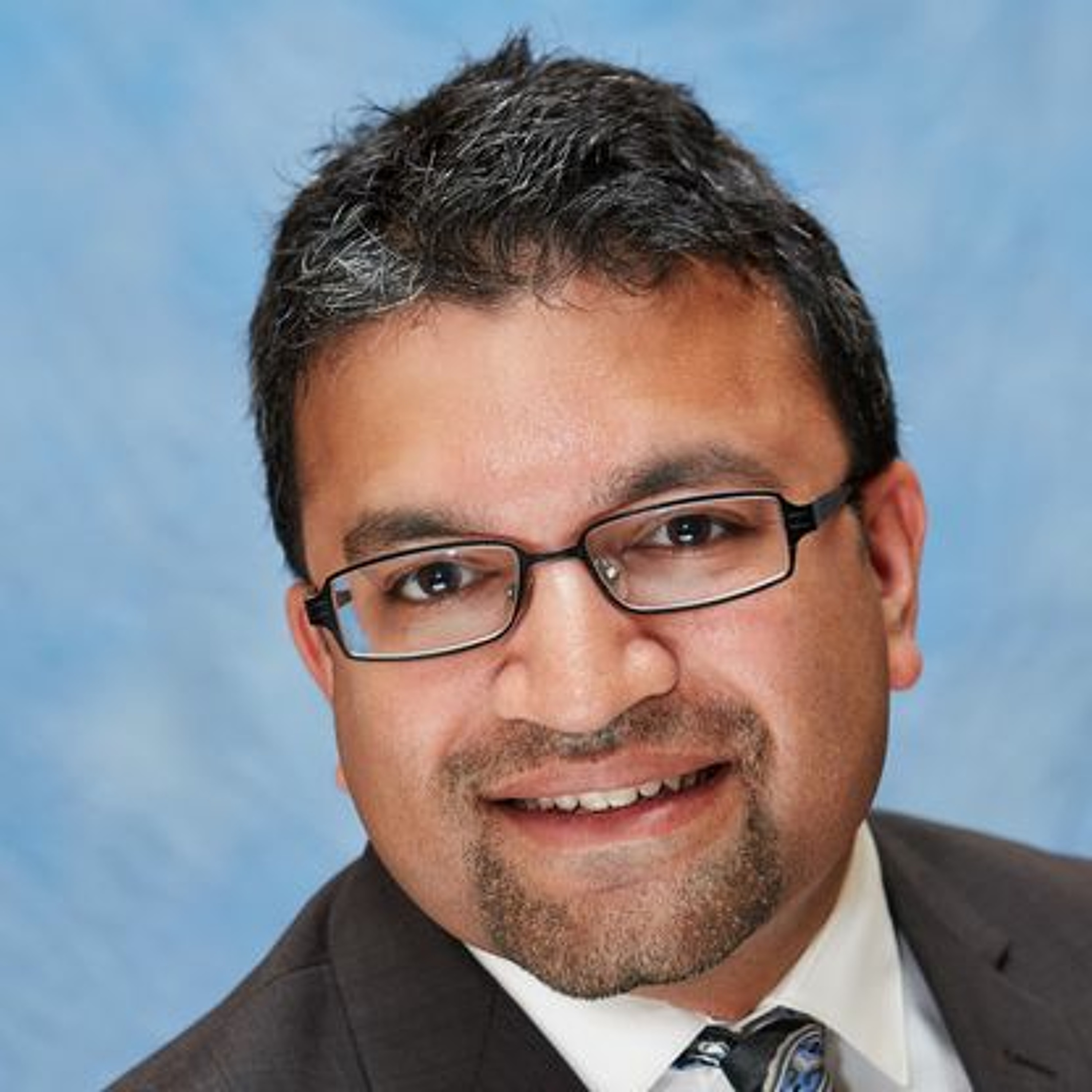

In this podcast, Sri Banerjee, MD, PhD, MPH, MAS, discusses the impact of diabetes on Alzheimer disease-related dementia mortality among African Americans, including the burden and pathophysiology of Alzheimer disease and health care disparities in diagnosis among people with the disease.
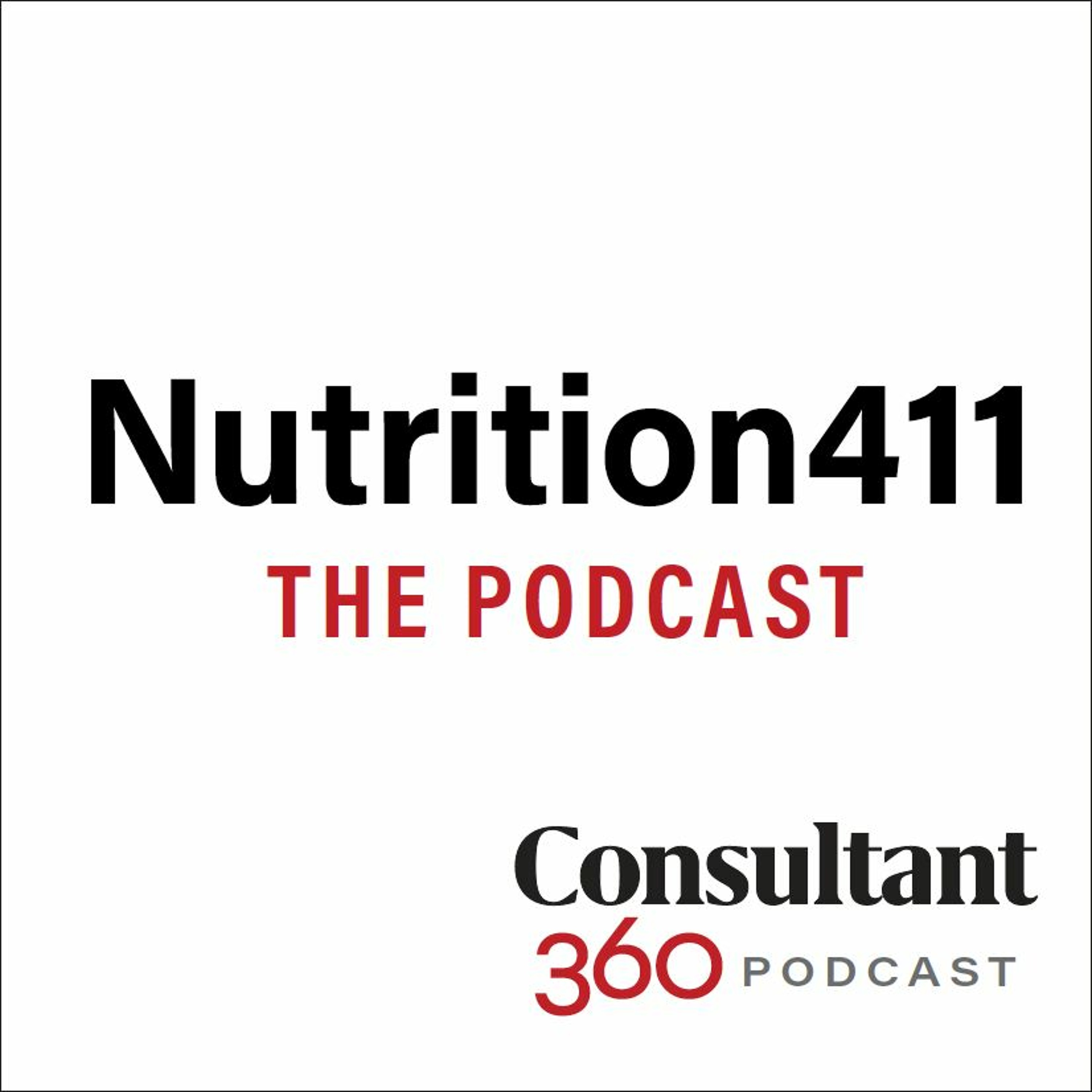

In this podcast episode, Lisa Jones, MA, RDN, LDN, FAND, interviews Rachel Stahl Salzman, MS, RDN, CDN, CDCES, and Livleen Gill, MBA, RDN, LDN, FAND, on useful mobile applications for people with diabetes, including ways to individualize the selection of apps for different populations, configure the apps to optimize health outcomes, and collaborate between clinicians and people with diabetes.
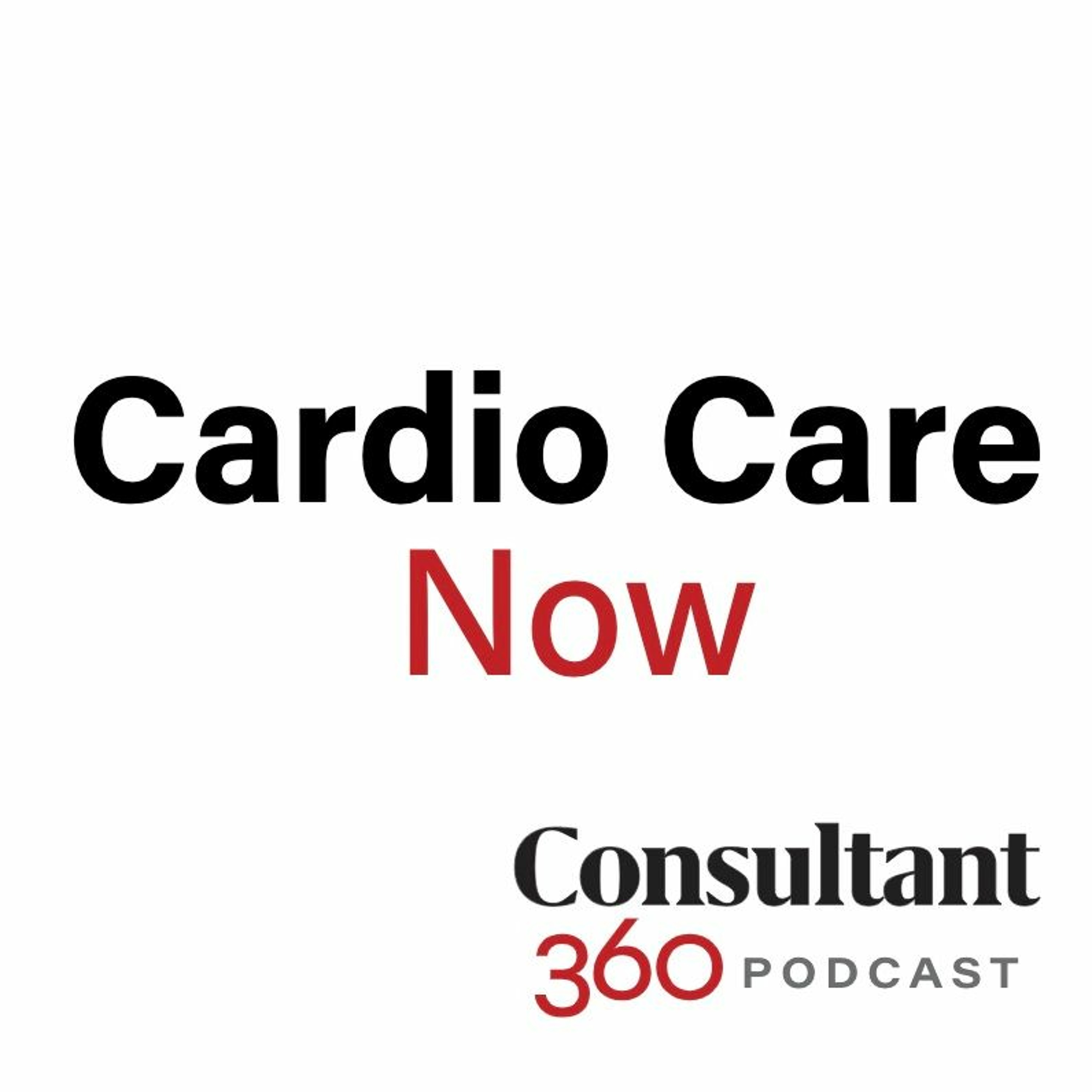

In this episode, Seth Martin, MD, MHS, interviews Grazia Aleppo, MD, about key evidence of the benefit of the use of continuous glucose monitoring (CGM) in patients with type 2 diabetes, the impact of CGM in clinical practice, and clinical pearls for clinicians managing patients with type 2 diabetes.


In this podcast, Jennifer Smith, RD, LD, CDCES, discusses different mobile apps for diabetes management that she would recommend to people with diabetes, including women, women who are pregnant, adolescents, athletes, and more. She also provides insight into some of the features included in each app.


In this podcast episode, Lisa Jones, MA, RDN, LDN, FAND, interviews Rachel Stahl Salzman, MS, RDN, CDN, CDCES, and Livleen Gill, MBA, RDN, LDN, FAND, on useful mobile applications for people with diabetes, including ways to individualize the selection of apps for different populations, configure the apps to optimize health outcomes, and collaborate between clinicians and people with diabetes.


In this podcast episode, Lisa Jones, MA, RDN, LDN, FAND, interviews Rachel Stahl Salzman, MS, RDN, CDN, CDCES, and Livleen Gill, MBA, RDN, LDN, FAND, on the use of continuous glucose monitoring (CGM) in people with diabetes, including practice pearls for onboarding people with diabetes and clinicians, the role of the registered dietitian nutritionist in the patient care team, and barriers to the use of CGM and ways to overcome them.


In this podcast, Nirmish Shah, MD, discusses using machine learning and leveraging data analysis to make patient predictions about pain and readmission, to use interventions to minimize complications. Dr Shah’s team presented research on this topic titled “Use of Machine Learning to Predict 30-Day Reutilization of Care for Patients with Sickle Cell Disease Treated for Vaso-Occlusive Crisis” at the American Society of Hematology’s 2023 annual meeting in San Diego, CA.


In this podcast, Anand Kumthekar, MD, reviews the challenges and approaches to management of patients with difficult-to-treat psoriatic arthritis, including managing non-skin related manifestations of psoriatic disease, optimizing current treatment recommendations, and more.


In this podcast, Nirmish Shah, MD, discusses patient involvement and the use of patient-reported outcomes in the development of sickle cell disease interventions. Dr Shah’s team presented research on this topic titled “Development of a Patient Reported Outcome Daily Diary to Assess Symptom Burden in Sickle Cell Disease” at the American Society of Hematology’s 2023 annual meeting in San Diego, CA.


In this podcast, Jennifer Smith RD, LD, CDCES, discusses healthy lifestyles for people living with Type 1 diabetes, including women's health and the use of technology to manage the disease. She also presented on these topics at the 2023 Touched by Type 1 Annual Conference in Orlando, FL.


In this podcast, Nirmish Shah, MD, discusses an overview, the results, and the preclinical and clinical impact of the study titled Preclinical and Clinical Use of AB1, a DNMT1 Protein Depleter, to Upregulate Fetal Hemoglobin in Townes Sickle Cell Disease (SCD) Mice and Patients with SCD. Dr Shah also presented on this topic at the American Society of Hematology’s 2023 annual meeting in San Diego, CA.
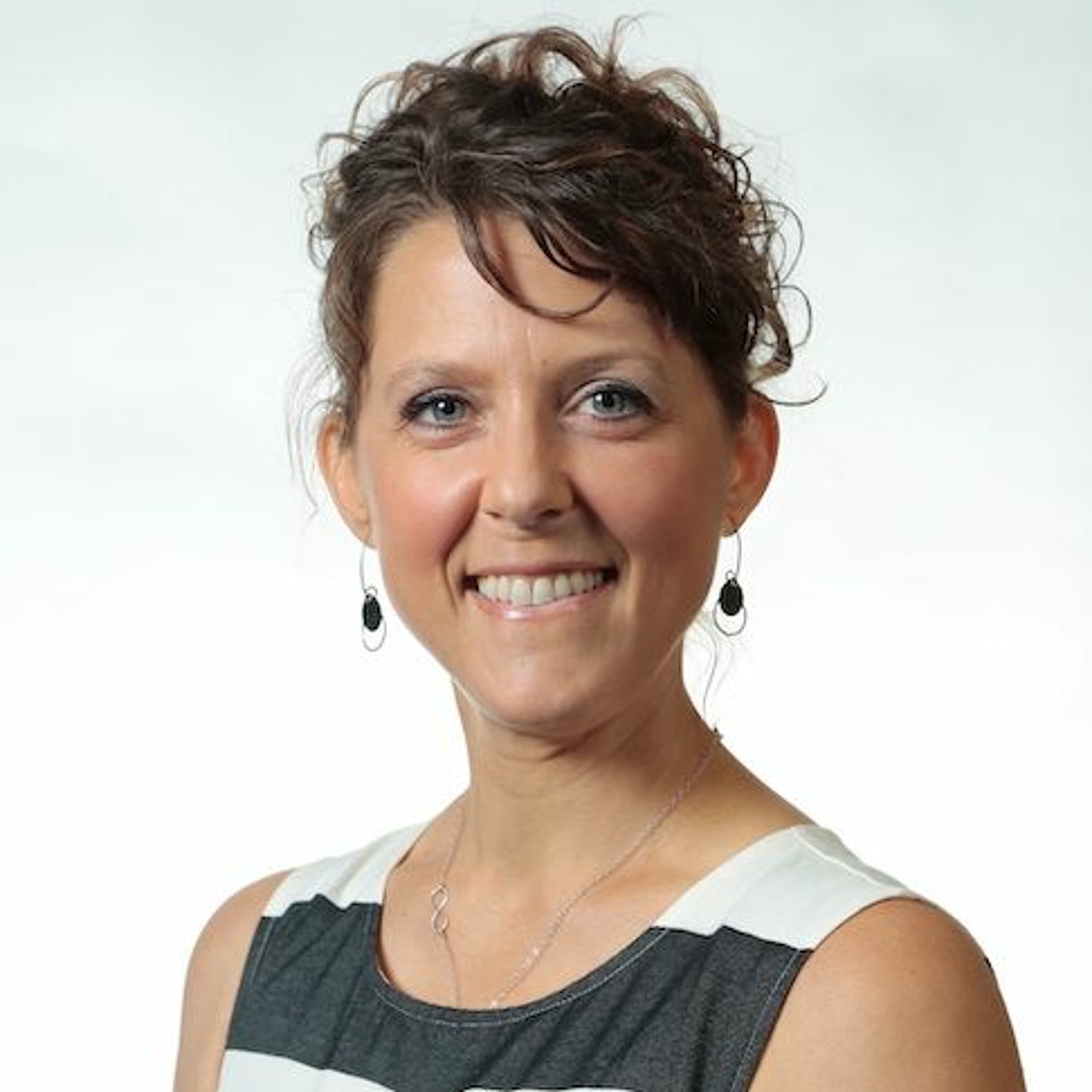

In this podcast, Jennifer Smith RD, LD, CDCES, discusses the management of women with gestational diabetes, including the psychological impact of gestational diabetes in women, technology recommendations for pregnant women with the disease, and more.
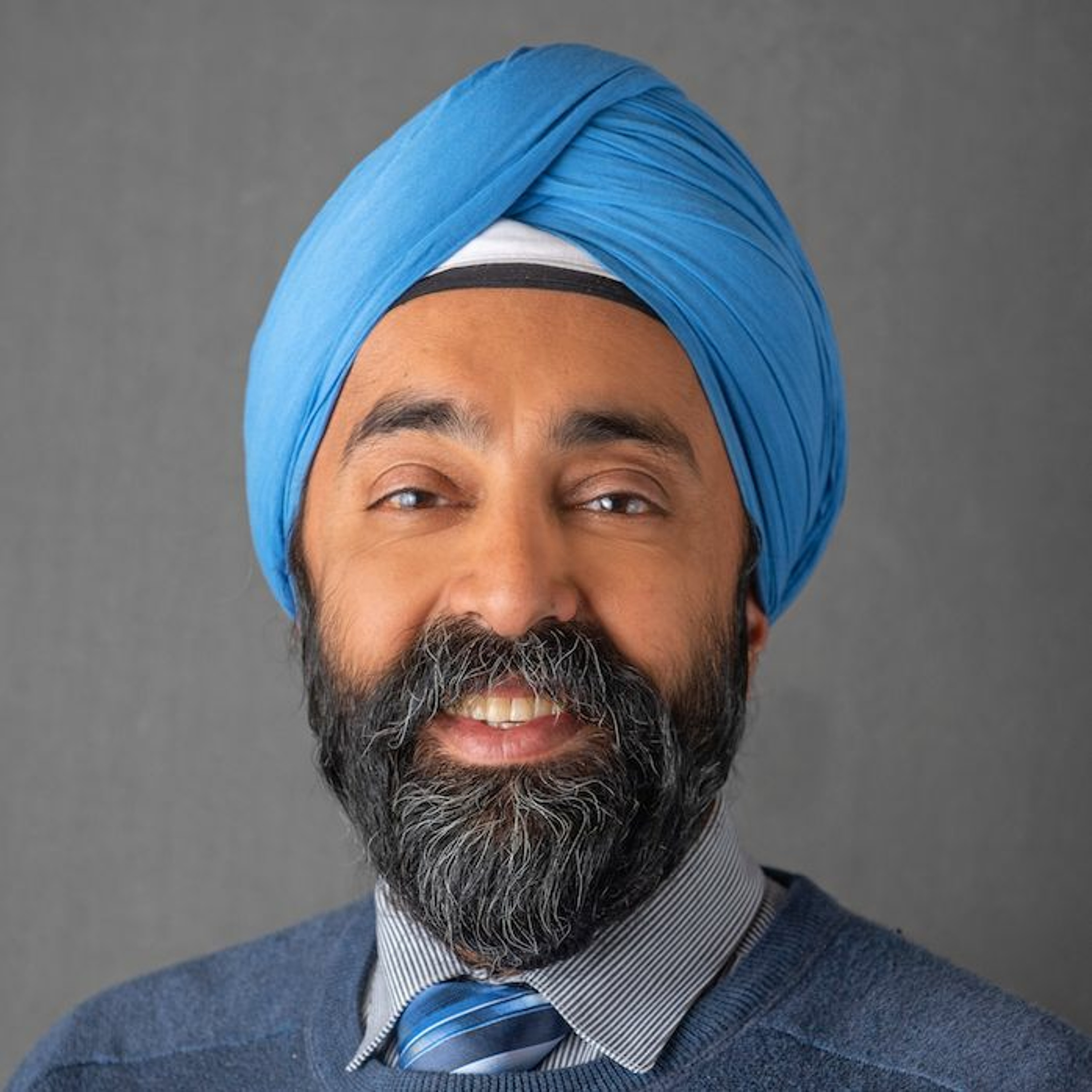

In this video roundtable discussion, Jaspal Singh, MD, MHA, MHS, interviews Jasleen Pannu, MD, Coral Giovacchini, MD, and Leisa Lackey about the design, growth, and importance of incidental lung nodule programs, including software programs used and a business argument for including a lung nodule program navigator to assist in patient care. This is part two of a three-part series on lung cancer screening.


In this podcast, Samantha Hill, MD, MPH, FAAP, discusses considerations and challenges for health care practitioners in the prevention and management for HIV in adolescent patient populations, including sexual health education among teens, addressing all of a patient's needs, strategies to increase medication adherence, and more. Dr Hill presented on this topic during her session "IYKYK: HIV care for adolescents" at IDWeek 2023 in Boston, MA.
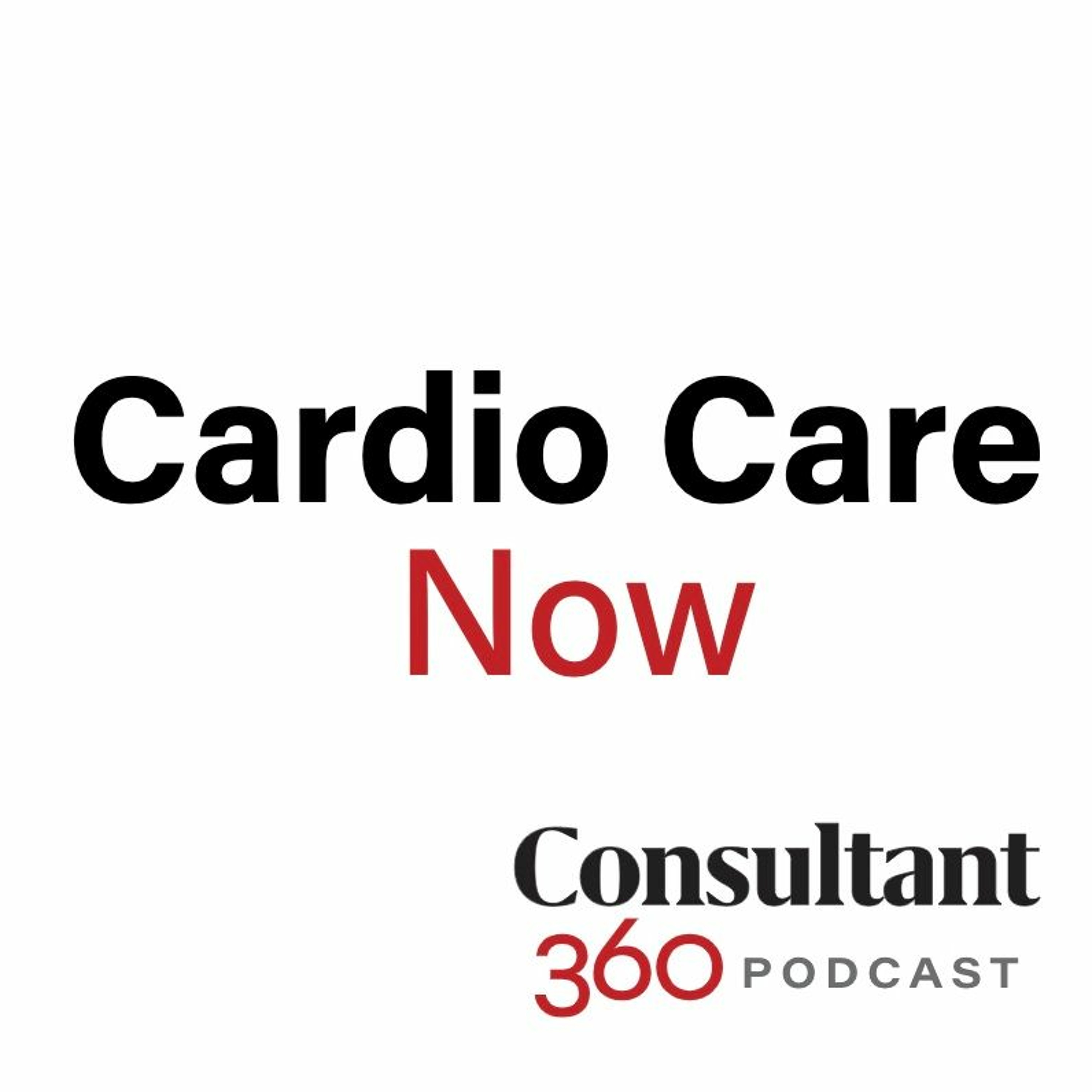

In this episode, Seth Martin, MD, MHS, interviews Alex Tarlochan Singh Sandhu, MD, MS, about the management of patients with heart failure (HF), including gaps in patient care, recent clinical trial evidence in the STRONG-HF, IMPLEMENT-HF, PROMPT-HF, and EPIC-HF trials, and digital health opportunities.
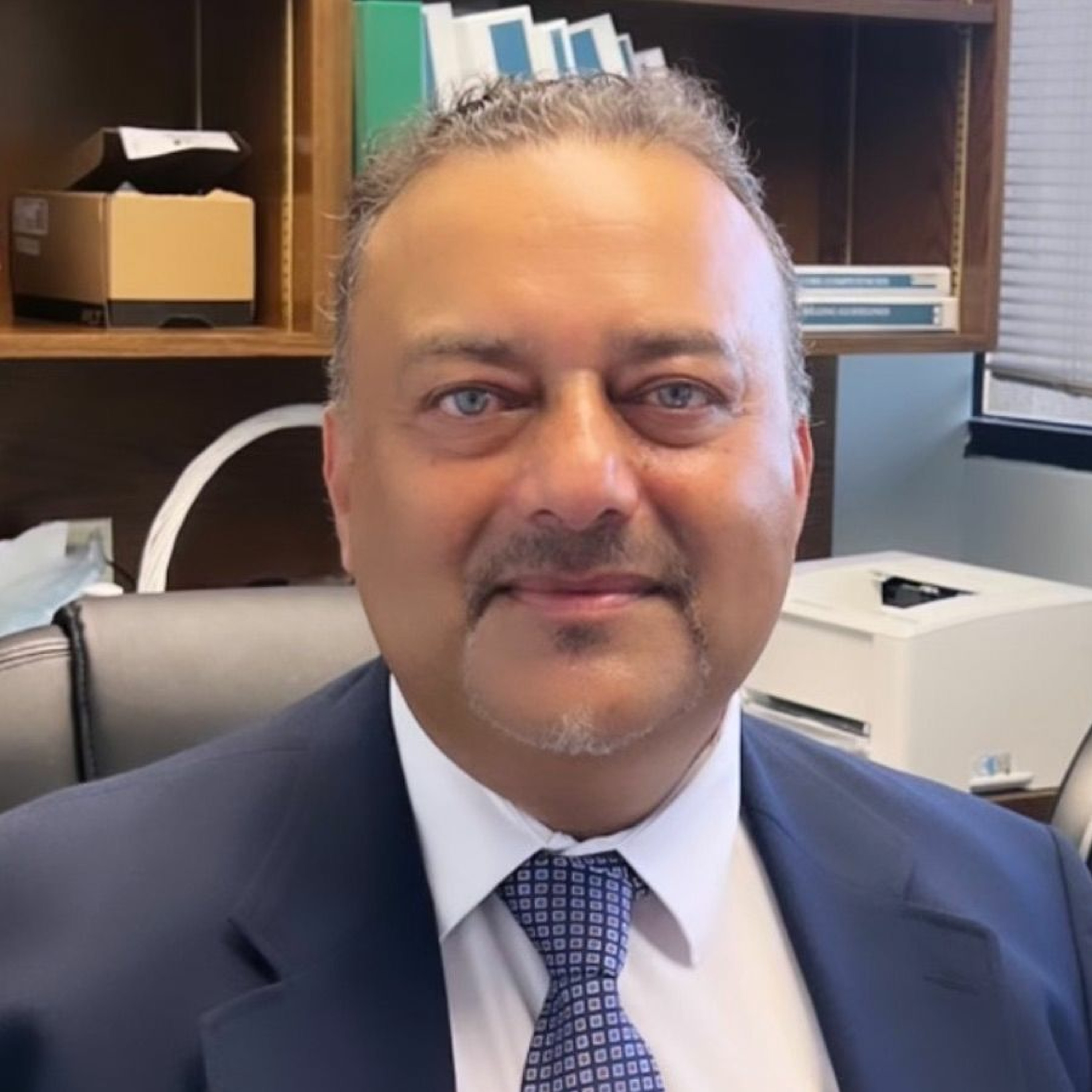

In this episode, Dr Harrison discusses a case presentation of a 65-year-old man with chronic obstructive pulmonary disease, hypertension, and type 2 diabetes, who presents with headaches and bilateral tinnitus for 6 months. The patient describes the headaches as generalized, continuous, and mild, without any constitutional symptoms or fever. He also reports symptoms of erythromelalgia.
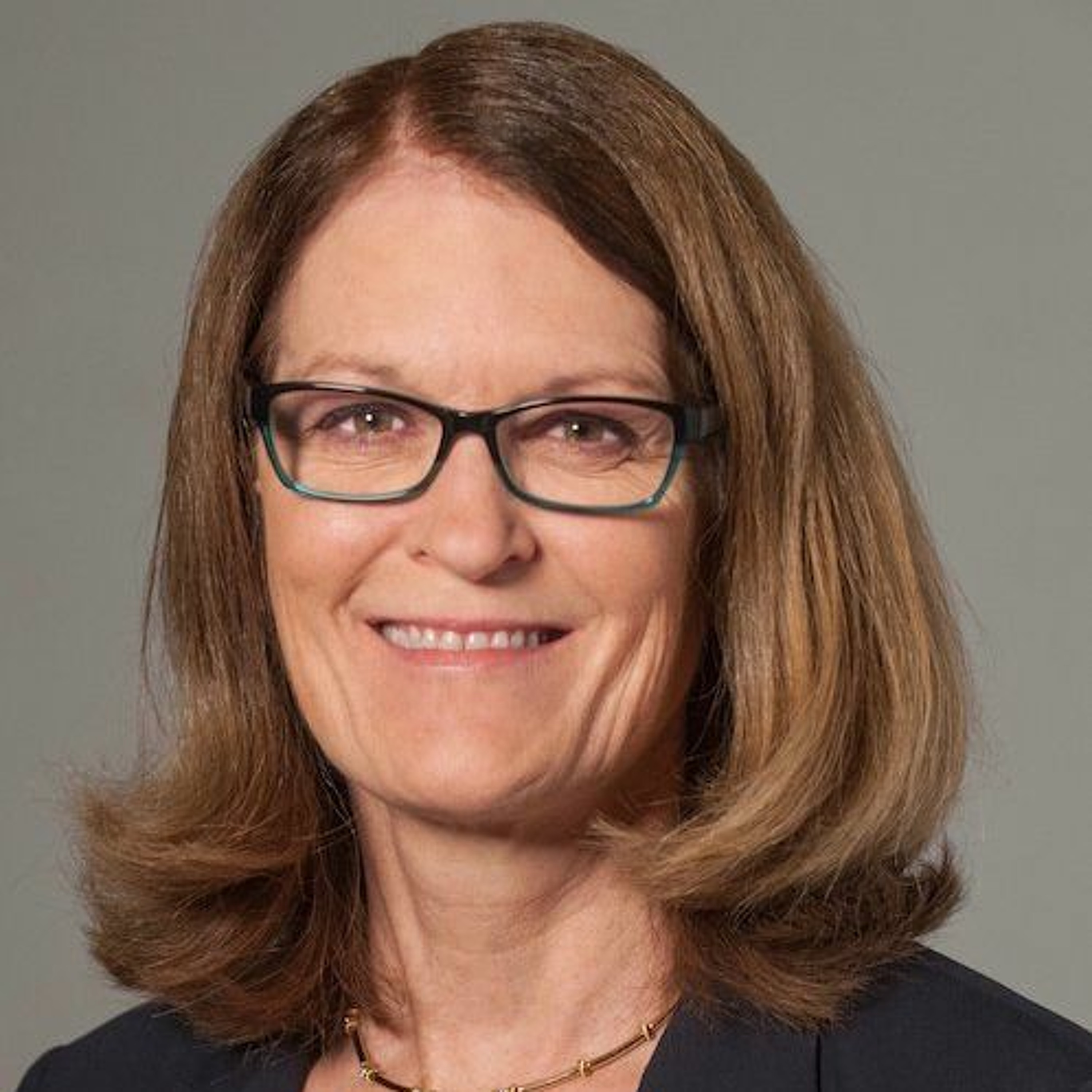

In this video roundtable discussion, Carol Wysham, MD, interviews Eugene E. Wright, Jr., MD, and Hope Warshaw, RD, CDE, BC-ADM, about the multidisciplinary approach to managing comorbidies in type 2 diabetes, including cardiovascular disease, chronic kidney disease, congestive heart failure, and metabolic dysfunction-associated fatty liver disease, and the importance of lifestyle changes and diabetes education.


In this podcast, Jennifer Smith, RD, LD, CDCES, discusses the impact of hormones, parents/guardians, and technology in diabetes management in adolescents.


In this podcast, Jennifer Smith, RD, LD, CDCES, discusses the management of diabetes in women who are pregnant, including the changes women with diabetes should expect during pregnancy, post-partum, and while nursing, developing an action plan with patients, and the impact of technology in diabetes management.
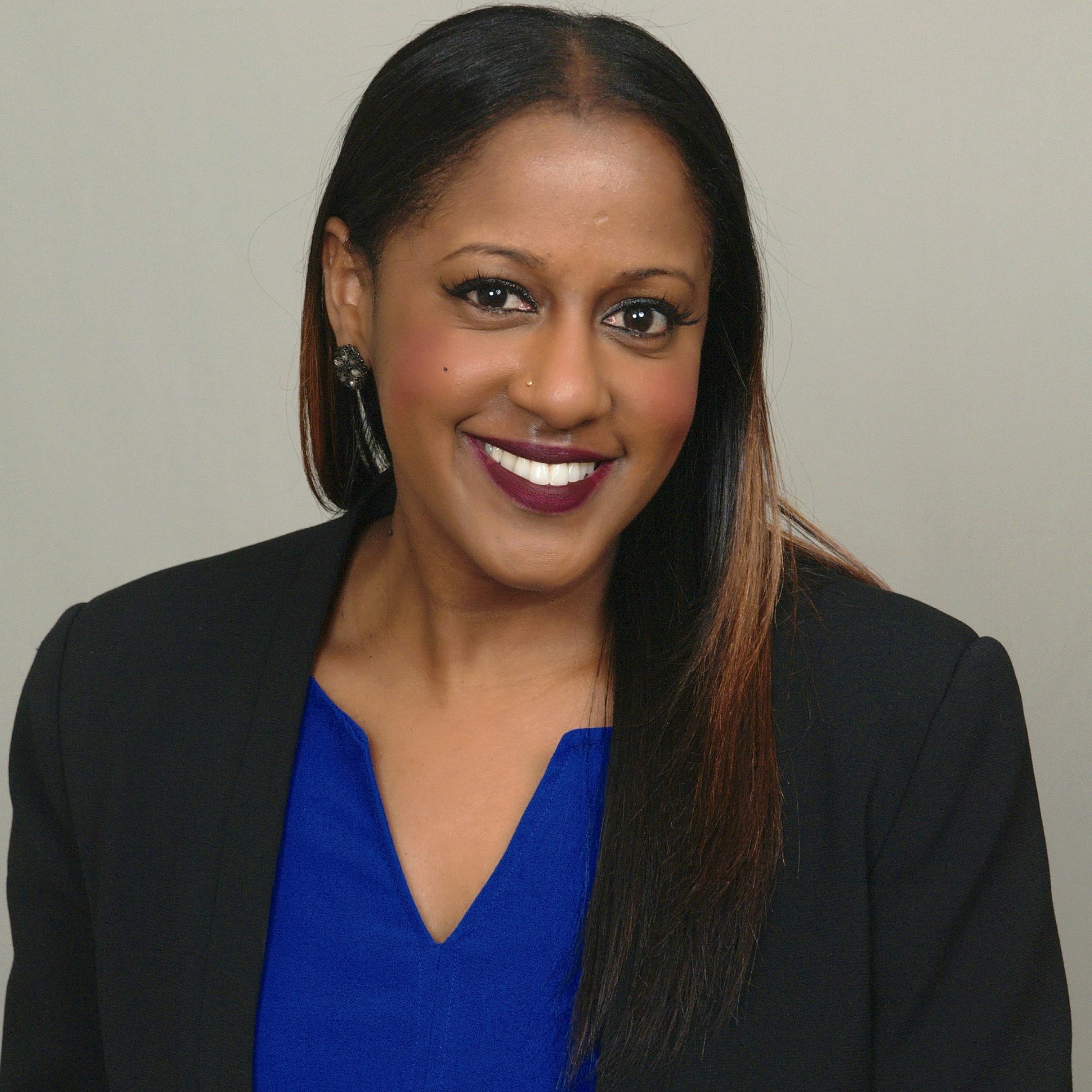

In this podcast, Charlotte M. Rolle, MD, MPH, discusses her team's research that evaluated the efficacy and safety of switching HIV treatment using bictegravir/emtricitabine/tenofovir alafenamide to dolutegravir/lamivudine. Dr Rolle spoke about this topic during her poster presentation at IDWeek 2023 in Boston, Massachusetts.


In this podcast episode, Lisa Jones, interviews Amylee Amos, PhD, RDN, IFMCP, about the practical and actionable nutrition strategies that dietitians can recommend to individuals managing Alzheimer disease to help improve cognitive function, enhance overall quality of life, and provide meaningful support in their daily lives. This is episode four of a four-part podcast series on Alzheimer disease.


In this podcast episode, Lisa Jones, interviews Amylee Amos, PhD, RDN, IFMCP, about the key arguments and controversies surrounding specific diets in relation to Alzheimer disease prevention and management, and how dietitians can navigate controversies to provide the best guidance for their clients. This is episode three of a four-part podcast series on Alzheimer disease.